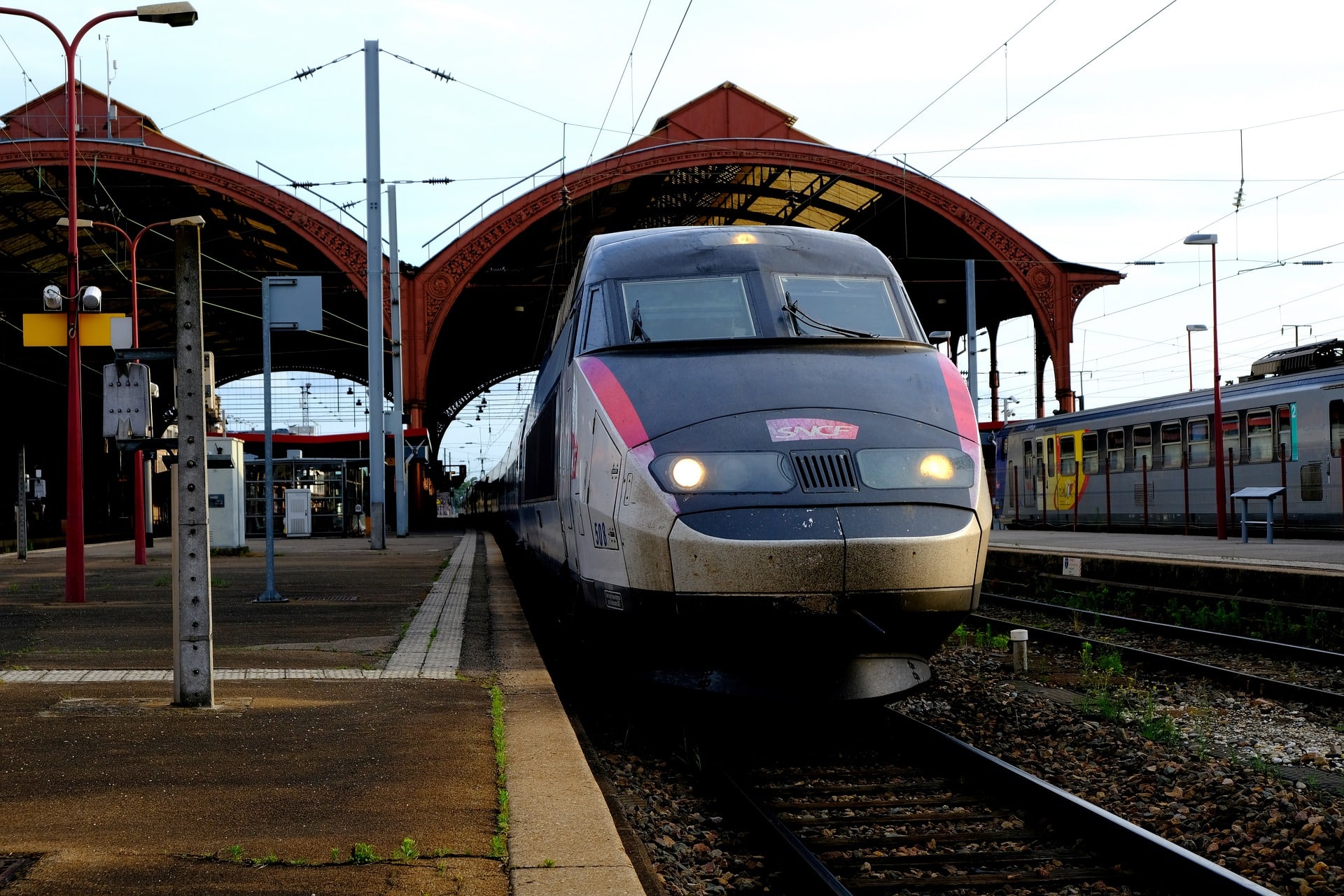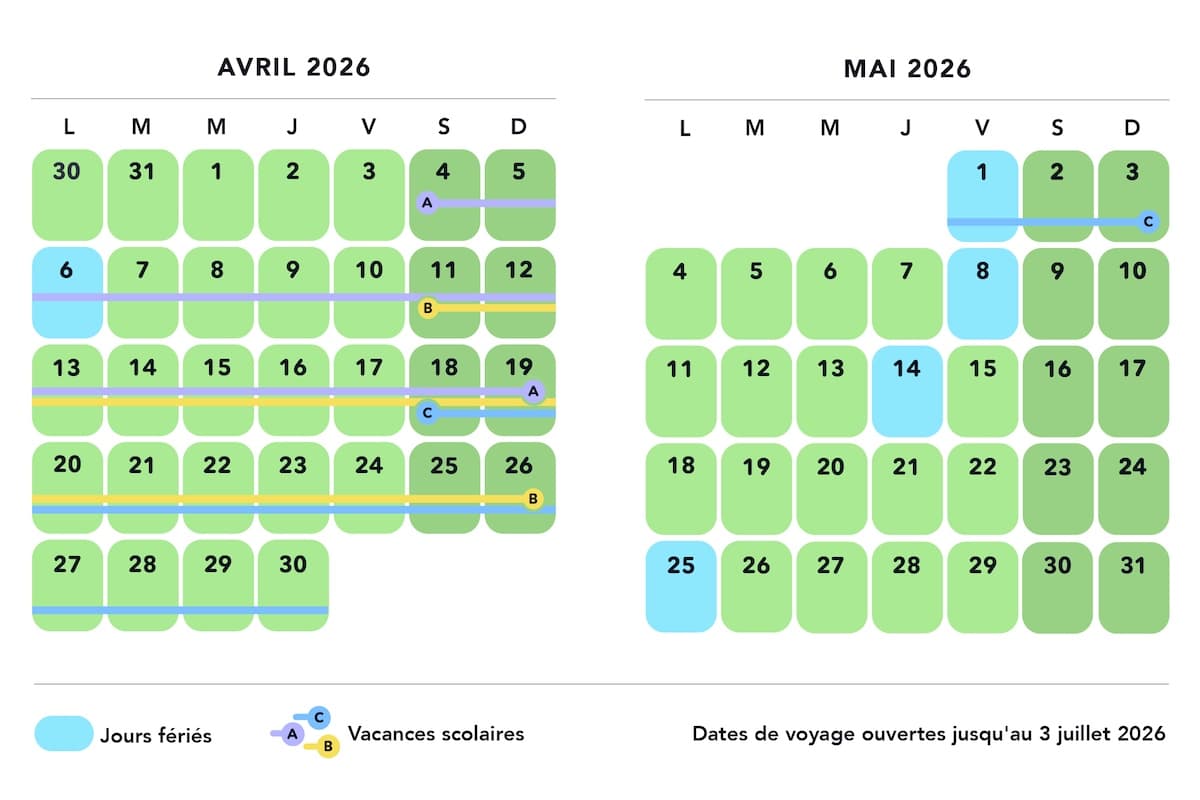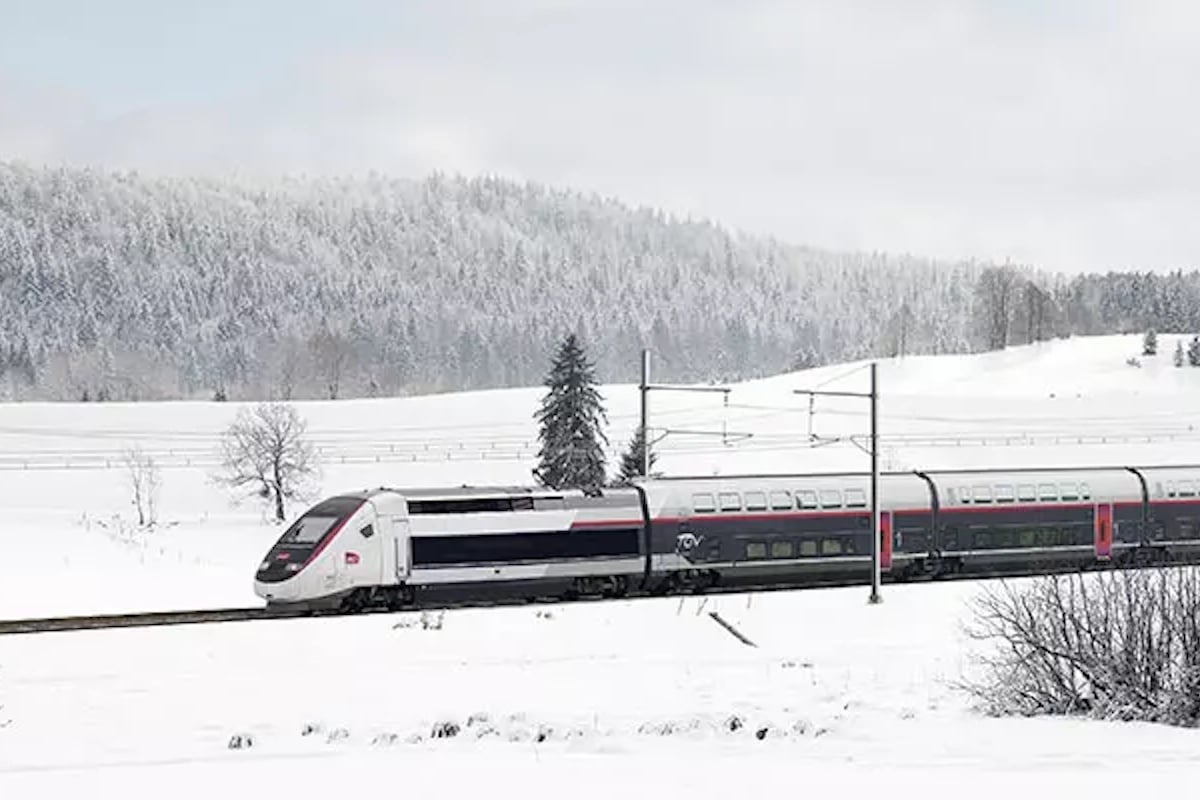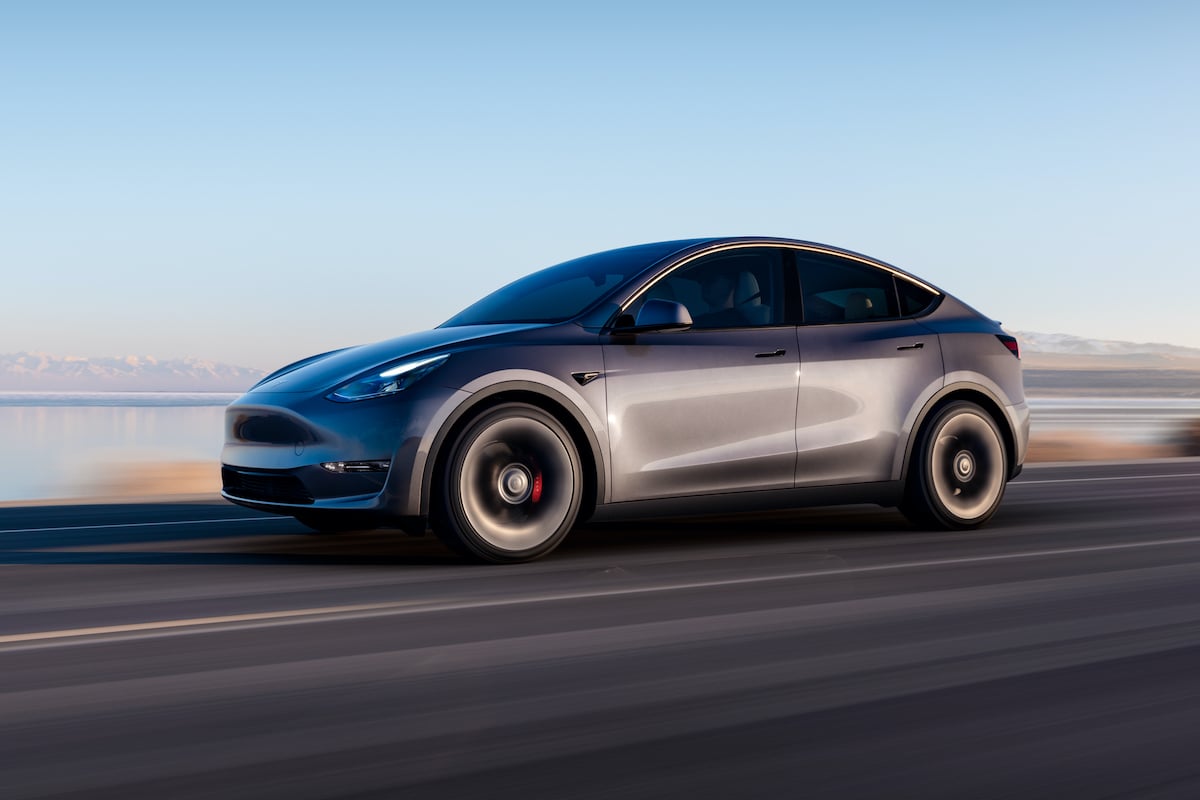Kevin Speed Might Be the Name of Your Future Low-Cost Train

Behind the unusual name Kevin Speed hides a startup aiming to deploy RER-type trains, to connect metropolises in France at low cost.
Competition with SNCF has already begun, for example with Trenitalia and its FrecciaRossa TGVs on the Paris-Lyon line. And it will multiply with initiatives like Le Train in the west, Renfe on the Marseille-Madrid route, or Railcoop between Bordeaux and Lyon. Here, it’s a certain Kevin Speed who steps onto the rails.
Flexibility of the RER and speed of the TGV
First, Kevin Speed is not an American entrepreneur, but a pseudonym for a new railway company. Why? To represent the everyday traveler, the commuter, wanting to make their home-to-work trip in an affordable and regular train. This project was born from three founders: Laurent Fortune (former IDF Mobilités and RATP), Jihane Mahmoudi, and Claire Bonniol.
Although no specific route is yet in development, the company aims to combine elements of the RER and TGV. In fact, the train would operate on demand, without reservation, simply by scanning a card or phone on a kiosk, similar to the metro. This could be via a subscription and/or Pay-As-You-Go model. But it’s a “high-speed” transport, which, according to Kevin Speed, “will serve metropolitan areas from medium-sized towns”, with frequent stops lasting 1 to 2 minutes. In an interview given to Le Parisien, the company plans to use Alstom Omnibus trains adapted from TGVs capable of reaching 300 km/h, operating between 6 a.m. and 11 p.m., equipped with numerous entry and exit doors for frequent passenger flow.
A low-cost RER?
For now, Kevin Speed only gives one figure: 3 € per 100 km. An initial fare that applies only during off-peak hours, variable depending on lines and time of day. A Vendôme-Paris trip would cost a maximum of 5 €, compared to 25 to 30 € today, or 8 € on a Meuse TGV-Paris route. The first trips are planned for “2026-2027”, according to Laurent Fortune.
But many questions remain: investors to raise 1 billion euros, the very low-cost business model, “Omnibus” trains still nonexistent, circulation in competition with SNCF TGVs, and an agreement with SNCF Réseau. Stay tuned.
Also read: In Occitanie, the €1 train is booming
This page is translated from the original post "Kevin Speed sera peut-être le nom de votre futur train low-cost" in French.
We also suggestthese articles:
Also read







